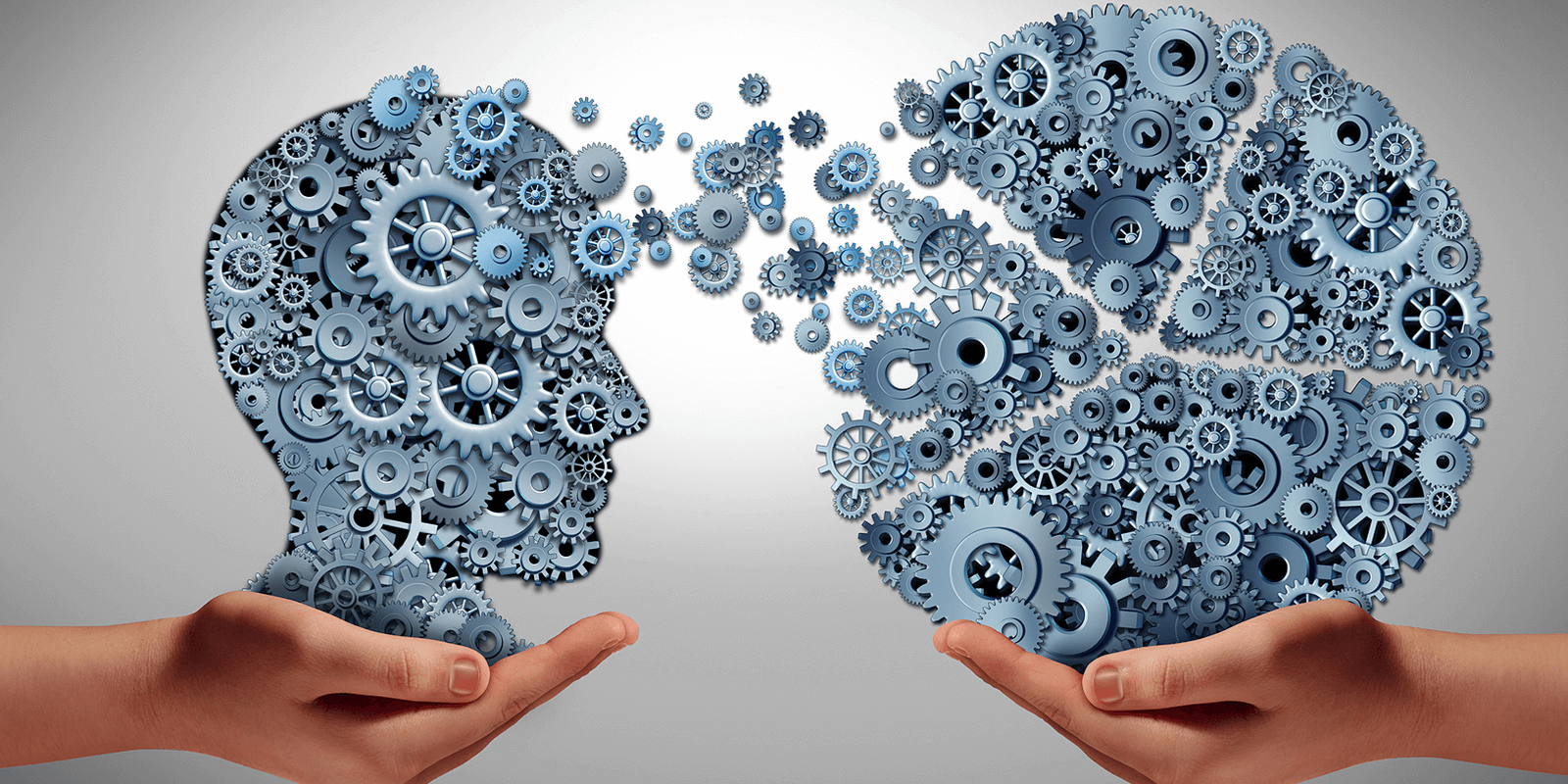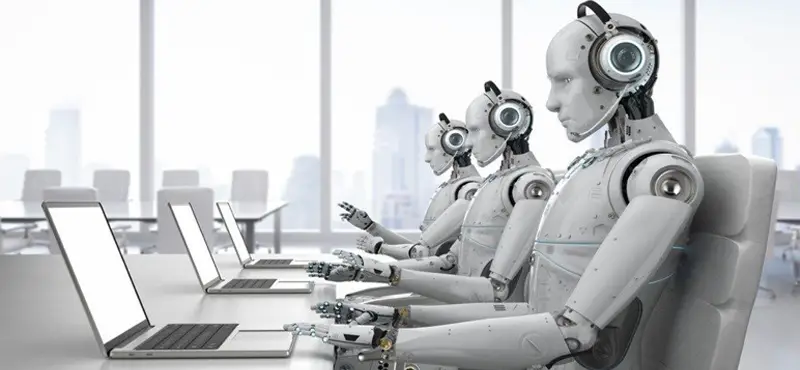AI and the Future of Work: Reskilling the Workforce

The rapid development of Artificial Intelligence (AI) is having a profound impact on the world of work. AI-powered technologies are automating routine tasks and enabling new forms of efficiency, leading to both job losses and the creation of new opportunities. To adapt to this transforming landscape, it is crucial that the workforce be reskilled to equip them with the necessary skills to thrive in this AI-driven future.

Reskilling involves providing individuals with new skills or updating their existing skills to meet the demands of changing job requirements. In the AI era, this includes developing competencies in data analysis, machine learning, and data science. Additionally, workers will need strong foundational skills in STEM (Science, Technology, Engineering, and Mathematics) to fully harness the potential of AI. Soft skills such as adaptability, problem-solving, and critical thinking will also become increasingly valuable.

By investing in reskilling programs, organizations and governments can ensure that workers are prepared for the future of work and retain competitiveness in the evolving global economy. For individuals, embracing reskilling opportunities will help them stay relevant and employable in the face of technological advancements.
The transition towards an AI-driven workforce requires collaboration between multiple stakeholders. Educational institutions must re-evaluate their curricula to incorporate emerging technologies and skills. Governments have a role to play in promoting reskilling initiatives and providing support for individuals and businesses affected by AI-related job displacement. The private sector must invest in developing their employees’ skills and support their transition to new roles within the organization.
In conclusion, reskilling the workforce is imperative to harness the opportunities presented by AI and mitigate its potential negative consequences. By providing workers with the necessary skills and knowledge, we can ensure a smooth transition towards an AI-powered future where humans and machines work together to drive innovation and economic growth.# AI and the Future of Work: Reskilling the Workforce
Executive Summary
The advent of artificial intelligence (AI) and other emerging technologies is transforming the world of work, creating both challenges and opportunities for businesses and individuals. To thrive in this rapidly changing landscape, workers must reskill and upskill to adapt to new roles and industries. This paper explores key trends shaping the future of work and provides actionable recommendations for individuals and organizations to embrace reskilling and ensure a successful transition.
Introduction
As AI and automation become more prevalent, many jobs are becoming obsolete, while new ones are being created. This trend is expected to continue in the coming years, creating a significant impact on the workforce. To stay ahead of the curve, individuals must proactively reskill and acquire new skills to remain employable.
Frequently Asked Questions
1. What is reskilling?
Reskilling involves acquiring new skills and competencies to transition to different roles or industries that are growing and in demand. It often requires significant training and education to pivot to a new career path.
2. Why is reskilling important?
Reskilling enables individuals to adapt to the changing job market, stay competitive, and advance their careers. It also helps businesses fill skill gaps and drive innovation.
3. How can I reskill effectively?
Identify in-demand skills, explore online courses, attend bootcamps or workshops, and leverage employer-provided training programs to enhance your knowledge and skills.
Subtopics
1. The Impact of AI on the Workforce
- AI is increasing efficiency and productivity, but it is also displacing certain jobs.
- Task automation and algorithm-based decision-making are reducing the need for routine and repetitive tasks.
- New roles are emerging in areas such as data science, AI development, and automation engineering.
2. The New Skills Required for the Future of Work
- Technical Skills: Data analysis, AI programming, cloud computing, and cybersecurity.
- Cognitive Skills: Problem-solving, critical thinking, creativity, and adaptability.
- Soft Skills: Communication, teamwork, emotional intelligence, and cultural sensitivity.
3. Reskilling Programs and Initiatives
- Governments, universities, and businesses are investing in reskilling programs to train individuals for the digital economy.
- Bootcamps and online courses provide accelerated learning pathways for high-demand skills.
- Employer-sponsored training programs support employees’ career growth and upskilling.
4. The Role of Employers in Reskilling
- Employers can identify skill gaps and create customized reskilling programs for their workforce.
- Offering tuition assistance, paid time off for training, and flexible work arrangements can facilitate reskilling.
- Promoting a culture of lifelong learning and professional development encourages employees to embrace reskilling.
5. The Benefits of Reskilling
- Increased job opportunities and career advancement
- Higher earnings potential and economic security
- Enhanced job satisfaction and fulfillment
- Reduced risk of job displacement due to automation
- Contribution to innovation and business growth
Conclusion
The impact of AI on the future of work is undeniable, and it is essential for individuals and organizations to embrace reskilling to thrive in the rapidly evolving job market. By investing in training and education, acquiring in-demand skills, and leveraging employer-supported programs, individuals can navigate the changes brought by AI and secure their future employability. Governments and businesses also have a crucial role to play in supporting reskilling initiatives, ensuring a skilled and adaptable workforce that drives economic growth and prosperity.
Keyword Tags
- Artificial Intelligence
- Reskilling
- Workforce Development
- Future of Work
- Skill Gaps
